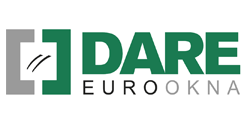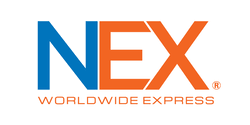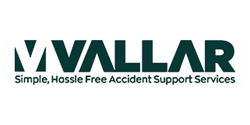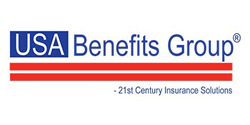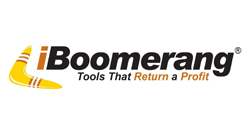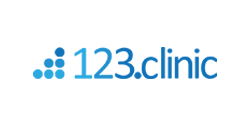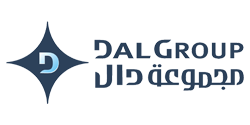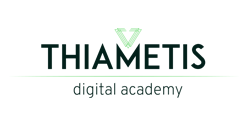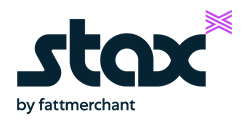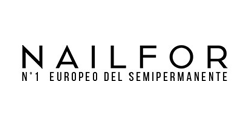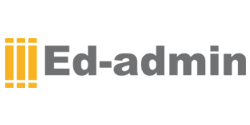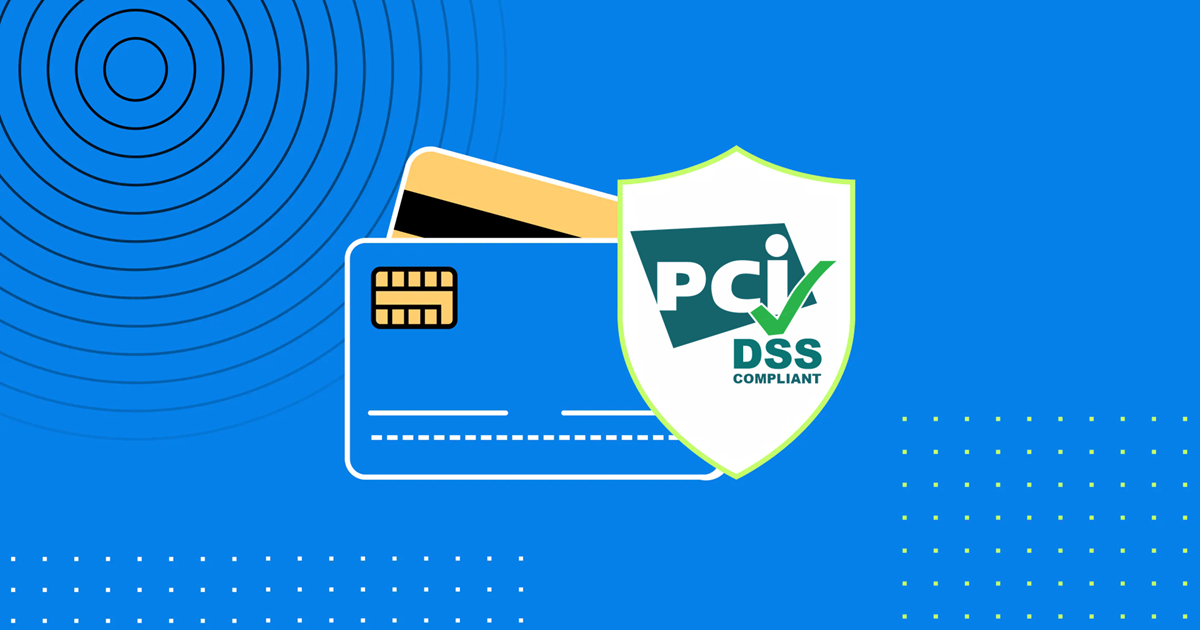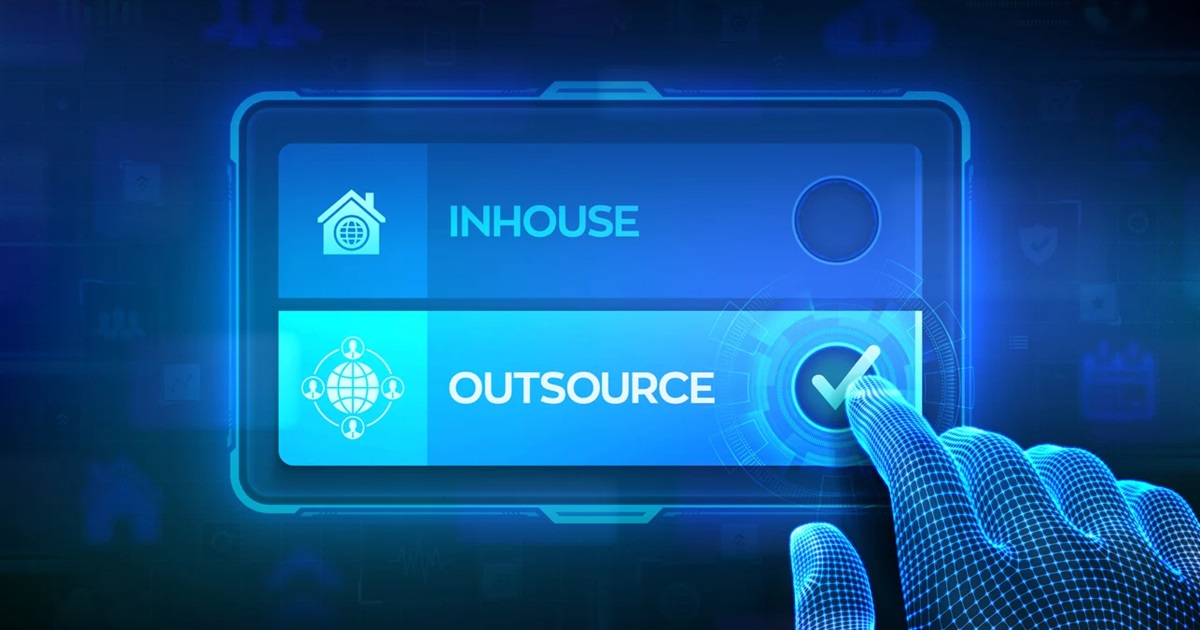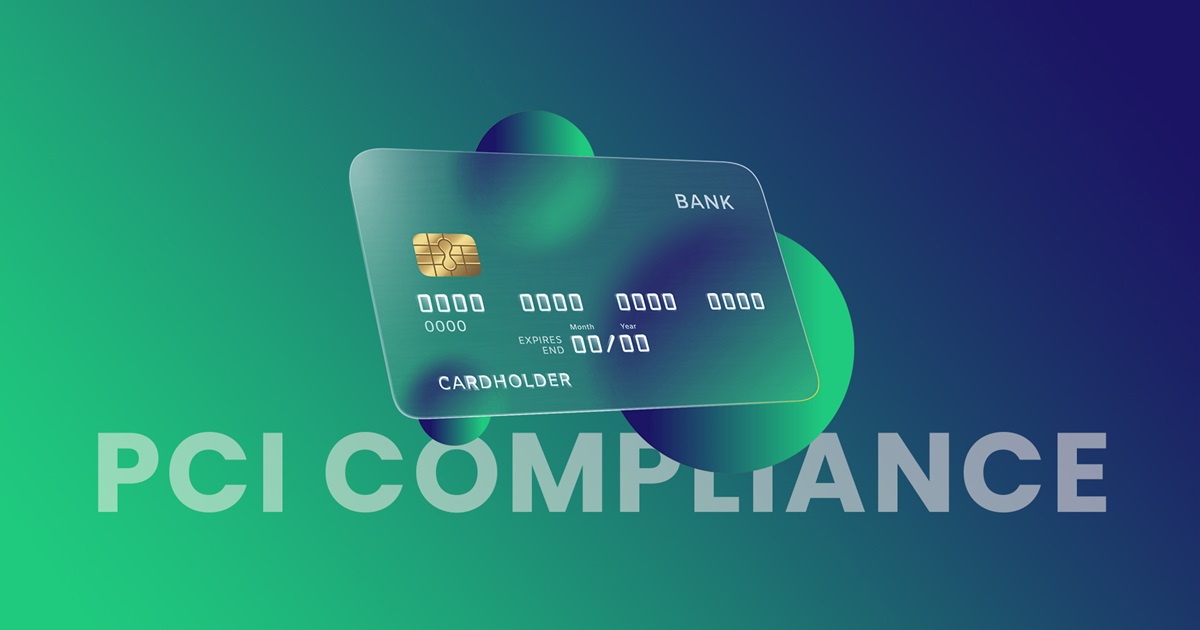How to Achieve PCI Compliance Certification
PCI compliance certification is typically achieved through a Qualified Security Assessor (QSA) or a Self-Assessment Questionnaire (SAQ), depending on the volume of credit card transactions, specific requirements of your business and the specific requirements of the Payment Card Industry Data Security Standard (PCI DSS).
Qualified Security Assessor (QSA):
Role: A QSA is an independent security organization that is qualified and approved by the PCI Security Standards Council (PCI SSC) to assess and certify an organization’s compliance with PCI DSS. Large businesses that process a high volume of credit card transactions may opt for a QSA assessment.
Process: QSA firms conduct on-site assessments, validate compliance, and issue a Report on Compliance (ROC) or Attestation of Compliance (AOC) based on the results.
Cost: The cost of a QSA assessment can vary based on factors such as the size and complexity of your business. Costs can range from several thousand to tens of thousands of dollars. Best suited for large enterprises with complex infrastructures.Internal Security Assessor (ISA):
Role: Some larger organizations may have their internal employees trained and qualified as Internal Security Assessors (ISA) to conduct PCI compliance assessments. ISAs conduct assessments similar to QSAs but are employees of the assessed organization.
Process: Similar to QSA assessments, ISAs conduct on-site assessments and provide reports on compliance.
Cost: While the initial training costs for ISAs exist, ongoing costs may be lower compared to hiring external QSAs. Suitable for larger organizations with the resources and expertise to train internal personnel.Self-Assessment Questionnaire (SAQ):
Role: Small to mid-sized merchants may be eligible to complete a Self-Assessment Questionnaire (SAQ) to assess their compliance without the need for a QSA. SAQ is based on set of questions designed to assess compliance without the need for a QSA.
Process: SAQs are a set of questions designed to evaluate an organization’s compliance with specific PCI DSS requirements. The organization completes the SAQ and submits it to their acquiring bank. There are different SAQ types depending on the payment processing methods used.
Cost: The cost for completing an SAQ is generally lower than a QSA assessment, but it varies based on the specific circumstances and any necessary remediation efforts. Ideal for smaller businesses with lower transaction volumes and simplified cardholder data environments.Payment Application Data Security Standard (PA-DSS):
Role: If your business uses third-party payment applications, ensure that those applications are Payment Application Data Security Standard (PA-DSS) compliant.
Process: The PA-DSS program assesses payment applications for compliance with security standards.
Cost: Costs associated with PA-DSS compliance can vary based on the application and the certification process. Relevant for businesses using payment applications and software.Managed Security Service Providers (MSSPs):
Role: Various security companies offer PCI compliance services, including assessments, scanning, and assistance with the certification process.
Process: These companies may conduct assessments, assist with remediation, and provide ongoing support for maintaining compliance.
Cost: Costs can vary based on the services required and the complexity of the organization’s infrastructure. Suitable for businesses seeking external expertise and ongoing support.Security Consultancies:
Description: Independent security consultancies provide PCI compliance consulting services, offering expertise in assessing and improving security measures.
Process: Consultants may conduct assessments, provide recommendations, and assist with the implementation of security measures.
Suitability: Suitable for businesses seeking specialized advice and assistance.Integrated Payment Solutions Providers:
Description: Some payment solution providers offer integrated services that include PCI compliance features. Merchants using these services may benefit from simplified compliance processes.
Process: The integrated solutions often include built-in security features, making compliance more seamless for merchants.
Suitability: Suitable for businesses using integrated payment solutions.
Conclusion
These internal and third party assessors are the answer to how to achieve PCI compliance certification. It’s important to note that the specific costs for PCI compliance certification can vary significantly based on factors such as the size of the business, the complexity of the infrastructure, and the chosen method of assessment. Additionally, the costs associated with achieving and maintaining compliance may include not only the assessment itself but also ongoing efforts to address any vulnerabilities, implement necessary security measures, and stay updated with evolving PCI DSS standards.
It’s essential to carefully assess your business’s size, transaction volume, and specific security needs before choosing the most suitable PCI compliance option. Engaging with qualified professionals, whether external assessors, internal security personnel, or specialized service providers, is crucial for navigating the complex landscape of PCI DSS and ensuring that your organization meets the required standards.



